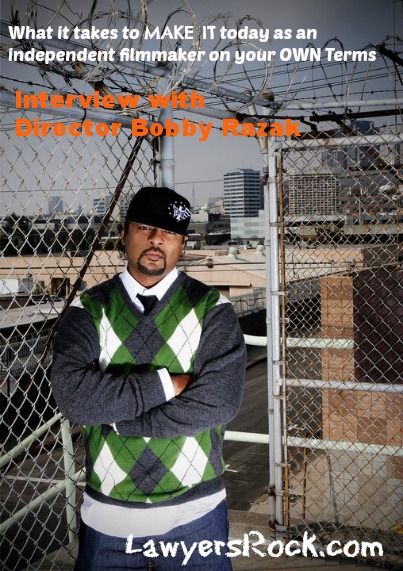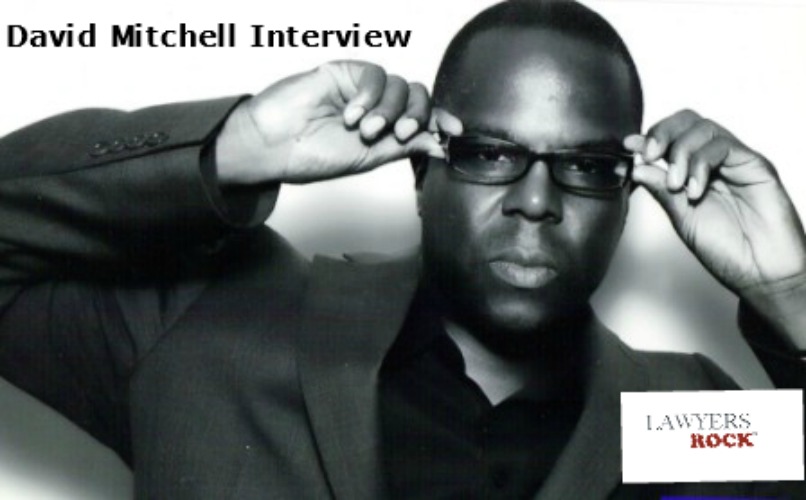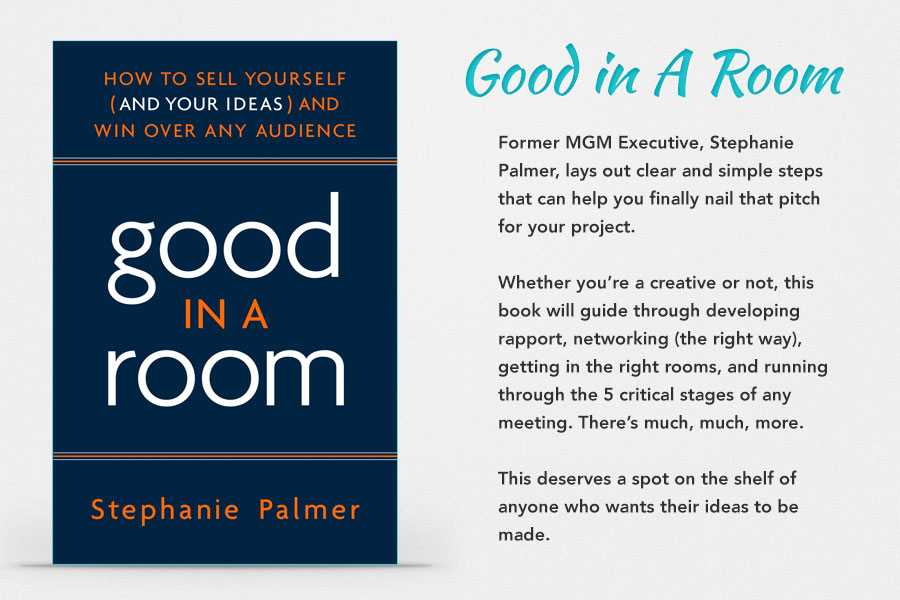 On today’s blog post we are going to cover one of the most important business subjects in the industry…branded entertainment!
On today’s blog post we are going to cover one of the most important business subjects in the industry…branded entertainment!
As you may have read in my Ebook that was released last week, developing and protecting your brand is key to achieving success in the entertainment world today.
That’s why I am very excited to have my friend and branding expert Isha Edwards on for a special guest interview. Isha is the owner of EPiC Measures, LLC, a brand consulting agency.
I have listened to your feedback and will periodically do in-depth interviews with people who have had success in the entertainment industry and can share their struggles and successes with us. Hopefully this will give you the valuable information or motivation you need to take your project to the next level!
In her interview with LawyerRock Isha spells out the following and more:
- The 4 P’s of Marketing and why you need to know them
- The 7 facets of business and how they tie into your brand marketing
- The best way for a company/person to start building their brand
- The hardest part about building a brand.
RJ: Welcome to Lawyersrock.com. Today I’m honored to have Isha Edwards, the owner of EPiC Measures. Isha helps entrepreneurs in entertainment build and maintain their brand and today she is going to give us some valuable insight on branding…
Let’s rock!
INTRO
RJ: Isha, I gave a quick overview, but tell us more about yourself and your company.
Isha: (0:33) Isha explains what her branding company does and who their main types of clients are.
RJ: So let’s start off with something I read on your website…the 4 Ps of Marketing and the 7 Facets of Business. Please explain to the audience what those are?
Isha: (1:09) Isha explains what the 4 P’s of marketing; Product, Price, Placement and Promotion. She also talks about the 7 facets of business and why looking at the business as whole when marketing is important.
RJ: Isha, most of my viewers are filmmakers, tv show productions, music companies or service providers in the entertainment industry…but they are all just entrepreneurs… what are three common mistake that you see entrepreneurs make when establishing their brand?
Isha: (3:13) 1) Copying other people, copying established brands 2)Failing to plan and 3) Not researching their target audience.
RJ: So how does a business build its brand?
Isha: (4:34) *in terms of building reputations* being repetitive. Once you create the story, the goal is to create an experience around that story so that people can relate to. It is also to use your unique talents given, service offering, products offering, and make sure that they are memorable.
RJ: What is the hardest step in building your brand?
Isha: (6:43) Making the sale, making that initial exchange. There is a lot of competition, especially for stars, actors, dancers, singers. People have to demonstrate their level of success to be able to be trusted.
RJ: What are some of the benefits of having an established brand? * How do you get started?
Isha: (9:00) It was something I did with the mind set of testing out the concepts of business that I taught. The goal is to test out the 7 Facets of business to see whether or not you want to be an entrepreneur. I did the same. I started out small, with small projects and then started branching out and expanded outside the United States.
Isha: ( 10:15) I started entrepreneurship or in business since 2001 and then EPIC measures became an entity in 2005.
RJ: What inspired you to start your business?
Isha: ( 10:25) I was challenged by one of my students who said: “Mrs. Isha, since you know so much, why don’t you start your own business” and so my journey began. Part of the goal, I can say, was to go to the process myself.
RJ: I like to give viewers real stories from entrepreneurs who have made it. What is an obstacle or challenge that you faced when starting your business and how did you overcome it?
Isha: (11:29) There will be aspects of your business that you are not going to love, and it’s usually something that is not your strength. It is easier to work for someone else, it takes all the pressure of entrepreneurship. For example, I am going through this challenge my self related to accounting, I don’t like accounting but I have to learn about it so that I can correct some mistakes that have been made.
Another part of it, is to deal with disappointments. Getting rejected often, actors and models for example have always somebody telling them “no.” What I have learned to do though, is when people tell me no is to ask “why.” Is there something I could have done better or different. People who tells you no, actually challenges your strategy, your vision, your mission, your product and/or your service. That’s the way you improve your product
RJ: What is the best business advice you have ever received?
Isha: (14:03) legal advice, safeguarding your business from a legal aspect, make sure things are in writing and documented. I found that it saves a world of trouble.
Second would be that there is a financial plan in place and knowing how to manage your cash flow. One of things that happened early in my business was trusting my clients only these are people that I knew and were referred to me so there was no a reason to me to think that they were sort of exchange me on any way but they did.
RJ: Isha, you have given us some great actionable advice. I’ll make sure to post your contact information on this video, but tell everyone how they can find you?
Isha: (16:19) For a brand-driven marketing consultant Check out our website www.epicmeasures.com (link) or following me at @EPiC_Isha. If you are looking for a speaker, a coach etc you can find me at www.ishaedwards.com (link)
Thank you Isha for your valuable information!

 There are hundreds of what I call ‘entertainment entrepreneurs’, people working independently in the industry and finding success. I love to spotlight these people so we can all learn how they made a successful career in entertainment and did it on their own terms.
There are hundreds of what I call ‘entertainment entrepreneurs’, people working independently in the industry and finding success. I love to spotlight these people so we can all learn how they made a successful career in entertainment and did it on their own terms.






